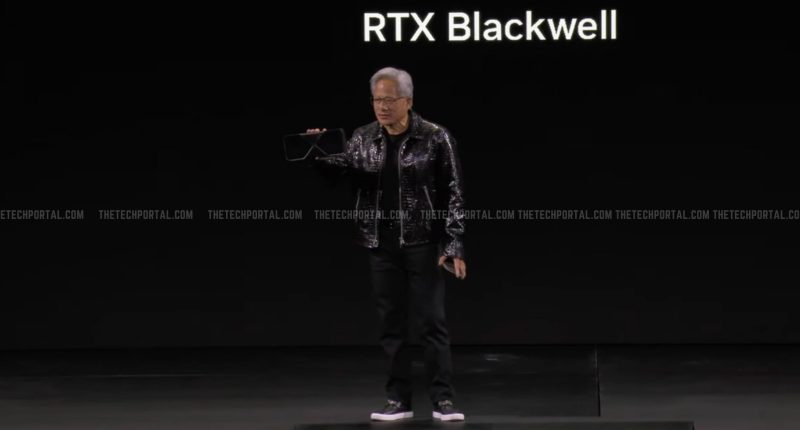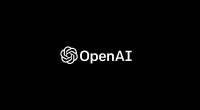Nvidia CEO Jensen Huang made a surprising visit to Beijing on April 17 and met with Ren Hongbin, head of the China Council for the Promotion of International Trade. During the meeting, Huang highlighted the importance of the Chinese market to Nvidia’s global operations and expressed a desire to maintain cooperation with China despite challenges posed by US export controls, reports Bloomberg.
Notably, his visit was at the invitation of the trade organization and comes amid intensified tensions caused by the US ban on sales of Nvidia’s H20 artificial intelligence chips to China.
It is important to note that the H20 datacenter GPUs are currently Nvidia’s only AI chips that meet US export compliance for China. However, new restrictions have disrupted plans for deliveries to Chinese firms, leading to significant financial impacts for Nvidia. The company anticipates a $5.5 billion revenue loss due to these new tariffs and licensing requirements under the Trump administration.
Even the company’s shares have been impacted by the export curbs, falling nearly 7% on Wednesday (April 16) and another 1% in early Thursday (April 17) trading. Some experts believe the write-down signals Nvidia’s low expectations for receiving export licenses, with predictions that sales to China may decline.
Meanwhile, Jensen Huang also met with Chinese Vice Premier He Lifeng and the founder of Chinese AI startup DeepSeek, Liang Wenfeng, during his latest visit. As per the report, discussions included new chip designs customized for Chinese clients and underscored Huang’s intention to maintain cooperation with the Chinese market.
The visit comes amid growing tensions between the US and China over technology exports and trade tariffs. In fact, US lawmakers are already investigating how a Chinese AI company – DeepSeek – acquired around 60,000 advanced Nvidia chips despite existing export restrictions. They also allege that DeepSeek spies on Americans and funnels data to the Chinese Communist Party. In the meantime, a few days back, Nvidia pledged to invest $500 billion in artificial intelligence infrastructure in the US.
Even, last year, China also launched an antitrust investigation into Nvidia over suspected violations of the country’s anti-monopoly law, particularly concerning Nvidia’s acquisition of Israeli chip designer Mellanox Technologies. The investigation focuses on whether Nvidia has violated commitments made during the acquisition, like refraining from forced product bundling and ensuring continued supply to the Chinese market.
Earlier this year, the Nvidia CEO visited China to celebrate the Lunar New Year with employees, marking the company’s 25-year presence in the country. During that visit, Huang highlighted Nvidia’s collaboration with over 1.5 million developers in China and its partnerships with nearly 3,000 local startups.
The Tech Portal is published by Blue Box Media Private Limited. Our investors have no influence over our reporting. Read our full Ownership and Funding Disclosure →






